
Introduction to Rajasthan
Rajasthan, often referred to as the ‘Land of Kings,’ is a mesmerizing state in northern India renowned for its opulent history, vibrant culture, and breathtaking landscapes. This region offers an unparalleled glimpse into the grandeur of India’s royal past, with a tapestry of traditions that continue to thrive in its art, music, and dance. The architectural splendor of Rajasthan is evident in its majestic palaces, formidable forts, and ornate temples, each narrating tales of valor and romance.
The state is a treasure trove of historical significance, having been the seat of several powerful kingdoms and empires. The Rajput warriors, known for their chivalry and heroism, have left an indelible mark on the region’s heritage. Iconic structures like the Amber Fort, Mehrangarh Fort, and the City Palace in Jaipur stand as testaments to their architectural prowess and strategic acumen.
Rajasthan’s unique charm also lies in its diverse landscapes. From the golden sands of the Thar Desert to the serene lakes of Udaipur, the state offers a variety of experiences for travelers. The Thar Desert, also known as the Great Indian Desert, is a vast expanse of undulating dunes that provide a perfect setting for camel safaris and desert camping. On the other hand, the Aravalli Range, one of the oldest mountain ranges in the world, adds a contrasting green to the otherwise arid terrain.
Rajasthan’s vibrant culture is reflected in its colorful festivals, traditional attire, and mouthwatering cuisine. Festivals like Diwali, Holi, and the Pushkar Camel Fair are celebrated with great enthusiasm, offering visitors a chance to immerse themselves in the local customs. The state’s cuisine, characterized by its bold flavors and rich spices, is a culinary adventure in itself, featuring dishes like Dal Baati Churma, Gatte ki Sabzi, and Laal Maas.
In essence, Rajasthan is a land where history meets modernity, where every corner has a story to tell. Its majestic palaces, ancient forts, and the enchanting Thar Desert create a unique travel destination that promises an unforgettable journey through time.
Best Time to Visit
Rajasthan, with its diverse climatic conditions, offers a unique experience each season. However, planning your visit according to the weather can significantly enhance your journey. The state experiences extreme temperatures, with scorching summers and chilly winters, making timing crucial for a comfortable and enjoyable trip.
The ideal time to visit Rajasthan is during the winter months, from October to March. During this period, the weather is pleasant and conducive for sightseeing. Daytime temperatures range from 10°C to 27°C, making it perfect for exploring iconic cities like Jaipur, Udaipur, Jodhpur, and Jaisalmer. This season is also ideal for desert excursions, as the cooler temperatures make camel rides and desert camping in the Thar Desert more enjoyable.
In addition to favorable weather, the winter months coincide with several vibrant festivals. The Pushkar Camel Fair, held in November, is a must-see event that showcases Rajasthan’s rich culture and traditions. The Jaipur Literature Festival, usually held in January, attracts literary enthusiasts from around the world. Visiting during these festivals provides a deeper insight into the local heritage and adds a unique dimension to your trip.
Summer, from April to June, is characterized by extreme heat, with temperatures soaring up to 50°C. This period is less favorable for travel, especially for outdoor activities. However, if you prefer fewer crowds and discounted rates, visiting Rajasthan’s hill station, Mount Abu, can be a refreshing escape.
The monsoon season, from July to September, brings some respite from the heat but also comes with its own set of challenges. While the rains can transform the arid landscape into a lush green haven, they can also cause travel disruptions. Nevertheless, this season offers a different perspective on Rajasthan’s beauty and is ideal for those who appreciate the tranquility and the fresh, rain-washed look of the region.
In conclusion, the best time to visit Rajasthan largely depends on your preferences and the activities you wish to pursue. Winter offers the most favorable conditions for a comprehensive exploration, while summer and monsoon present unique experiences for the adventurous traveler.
Top Destinations in Rajasthan
Rajasthan, often referred to as the ‘Land of Royals,’ boasts a myriad of iconic cities and towns, each exuding a unique charm and historical significance. Among these, Jaipur, Udaipur, Jodhpur, Jaisalmer, and Pushkar stand out as must-visit destinations for any traveler seeking to delve into the rich cultural heritage of the region.
Jaipur: Known as the Pink City, Jaipur is Rajasthan’s capital and a vibrant blend of old and new. The city’s rose-hued buildings and historic palaces, such as the Hawa Mahal and City Palace, make it a visual delight. The majestic Amber Fort, perched on a hill, offers an immersive glimpse into the royal past. Jaipur’s bustling bazaars, like Johari and Bapu, are perfect for shopping traditional crafts and jewelry.
Udaipur: Often called the City of Lakes, Udaipur’s picturesque landscapes are dominated by serene lakes and lush gardens. The stunning Lake Pichola, with the ethereal Lake Palace seemingly floating on its waters, is a highlight. The City Palace complex, with its intricate architecture and museums, provides a deep dive into the region’s regal history. Udaipur’s romantic ambiance makes it a popular destination for weddings and honeymoons.
Jodhpur: The Blue City, Jodhpur, is famed for its azure-painted houses that create a mesmerizing panorama against the backdrop of the Thar Desert. Dominating the skyline is the formidable Mehrangarh Fort, offering panoramic views of the city. The Umaid Bhawan Palace, part museum and part luxury hotel, reflects the grandeur of Jodhpur’s royal lineage. Sardar Market, located near the iconic Clock Tower, is an excellent spot for local handicrafts and spices.
Jaisalmer: Known as the Golden City, Jaisalmer’s yellow sandstone architecture glows brilliantly under the desert sun. The magnificent Jaisalmer Fort, a UNESCO World Heritage site, houses palaces, temples, and havelis within its walls. The Sam Sand Dunes provide an authentic desert experience with camel rides and cultural performances under the starlit sky.
Pushkar: A quaint town with a spiritual aura, Pushkar is renowned for its sacred lake and the Brahma Temple, one of the few temples dedicated to the Hindu god Brahma. Pushkar’s annual Camel Fair is a major draw, attracting visitors from around the globe. The town’s vibrant markets and cafes offer a laid-back atmosphere, perfect for leisurely exploration.
These cities together encapsulate the essence of Rajasthan, offering travelers a rich tapestry of history, culture, and natural beauty. Each destination presents an opportunity to experience the royal heritage and vibrant traditions that define this majestic state.
Cultural Experiences and Festivals
Rajasthan, often referred to as the “Land of Royals,” boasts a rich cultural heritage that is as diverse as it is vibrant. One of the most compelling aspects of visiting Rajasthan is immersing oneself in its traditional music and dance performances. The Ghoomar and Kalbeliya dances are particularly iconic, showcasing the state’s folkloric traditions through elegant movements and colorful attire. Music, too, plays a crucial role in Rajasthani culture, with instruments like the dholak, sitar, and sarangi lending a unique soundscape to the region.
Local crafts are another cornerstone of Rajasthan’s cultural identity. The state’s artisans are known for their exquisite craftsmanship in textiles, pottery, and jewelry. Visitors can witness these age-old techniques firsthand in cities like Jaipur, Jodhpur, and Udaipur. Block printing, blue pottery, and Kundan jewelry are just a few examples of the intricate work that defines Rajasthani crafts. These items make for perfect souvenirs, offering a tangible piece of Rajasthan to take home.
No cultural journey through Rajasthan would be complete without indulging in its cuisine. The state’s culinary offerings are as varied as its landscapes, featuring robust flavors and aromatic spices. Dishes like Dal Baati Churma, Gatte ki Sabzi, and Laal Maas provide a gastronomic experience that is both authentic and unforgettable. Street food, too, is a must-try, with treats like Pyaaz Kachori and Mirchi Vada tantalizing the taste buds.
Rajasthan’s festivals are a spectacle that draw visitors from across the globe. Diwali, the festival of lights, sees cities illuminated with lamps and fireworks, creating an enchanting atmosphere. Holi, the festival of colors, offers a jubilant celebration where people smear each other with vibrant powders, symbolizing joy and unity. The Pushkar Camel Fair is another highlight, featuring camel races, folk music, and a bustling marketplace. Lastly, the Desert Festival in Jaisalmer showcases the state’s desert culture through camel polo, turban-tying competitions, and traditional dance performances.
Each of these festivals offers a unique glimpse into the heart of Rajasthan, allowing visitors to participate in traditions that have been passed down through generations. Whether through music, dance, crafts, or cuisine, the cultural experiences in Rajasthan provide an enriching and unforgettable journey into the soul of this magnificent state.
When visiting Rajasthan, a diverse array of accommodation options awaits travelers, catering to various budgets and preferences. The state is renowned for its opulent heritage hotels and palaces, offering a glimpse into the regal lifestyle of the erstwhile maharajas. These luxurious establishments, often restored to their former glory, provide guests with an immersive experience complete with traditional Rajasthani hospitality, exquisite architecture, and modern amenities. Prominent examples include the Rambagh Palace in Jaipur and Umaid Bhawan Palace in Jodhpur.
For those seeking a more economical stay, budget-friendly guesthouses and homestays present excellent alternatives. These options, while more modest, still offer comfort and a warm, local experience. Guesthouses are often family-run and provide an opportunity to savor homemade Rajasthani cuisine and engage with local culture. Homestays, on the other hand, allow travelers to live with local families, offering deeper insights into the daily lives and traditions of Rajasthani people.
When selecting the ideal accommodation, several factors should be considered. Location is paramount; staying within or near major tourist hubs like Jaipur, Udaipur, or Jaisalmer can significantly enhance convenience and accessibility. Amenities also play a crucial role—while luxury hotels are equipped with swimming pools, spas, and fine dining restaurants, budget accommodations may offer basic amenities such as clean rooms, Wi-Fi, and local cuisine.
Traveler reviews are invaluable resources for gauging the quality of accommodations. Websites like TripAdvisor, Booking.com, and Google Reviews provide insights from previous guests, helping travelers make informed decisions. Reading these reviews can highlight the pros and cons of each lodging option, ensuring a pleasant stay in Rajasthan.
Ultimately, whether one chooses the grandeur of a palace hotel or the cozy atmosphere of a guesthouse, Rajasthan’s diverse accommodation options promise a memorable stay, reflecting the state’s rich cultural heritage and warm hospitality.
Transportation and Getting Around
Navigating Rajasthan, the Land of Royals, offers an adventure replete with diverse transportation options. Understanding the available modes of travel can significantly enhance your experience, ensuring a smooth and efficient journey across this vibrant state.
One of the most convenient ways to cover long distances quickly is by taking domestic flights. Major cities like Jaipur, Udaipur, and Jodhpur are well-connected by air, with frequent flights from Delhi, Mumbai, and other key Indian cities. This mode of transport is particularly beneficial for those with time constraints or planning to visit multiple destinations within a short period.
Trains are another popular and efficient option for exploring Rajasthan. The state is part of the extensive Indian Railways network, with major railway stations in Jaipur, Jodhpur, Udaipur, and Ajmer. Trains offer a comfortable and scenic way to travel, allowing visitors to experience the changing landscapes of Rajasthan. For a luxurious experience, consider the Palace on Wheels, a heritage train that offers a regal journey through the state.
Buses are widely available and provide an economical means of transportation. The Rajasthan State Road Transport Corporation (RSRTC) operates an extensive network of buses connecting all major cities and towns. Private bus operators also offer services, including sleeper and Volvo buses for added comfort on longer routes. However, be prepared for longer travel times and varied road conditions.
For those who prefer flexibility and privacy, renting a car is an excellent choice. Numerous car rental services are available, offering a range of vehicles from economy to luxury. Self-driving is possible, but hiring a car with a driver is recommended due to local driving conditions and the added benefit of a knowledgeable guide.
Within urban areas, auto-rickshaws and cycle-rickshaws are common, offering a convenient and affordable way to navigate through city streets. Taxis and app-based ride services like Uber and Ola are also available in larger cities, providing a more comfortable and hassle-free option for short distances.
Each mode of transport in Rajasthan has its own set of advantages and drawbacks. Domestic flights are fast but can be expensive; trains offer comfort and scenery, but booking in advance is essential; buses are economical but slower; and car rentals offer flexibility with the added responsibility of navigating traffic. By carefully considering these factors, travelers can choose the most suitable transportation options to make the most of their journey across Rajasthan.
Travel Tips and Safety
Ensuring a safe and enjoyable trip to Rajasthan requires some preparation and awareness. One of the foremost considerations is staying hydrated. Rajasthan’s climate can be extremely hot and dry, especially during the summer months. Carry a reusable water bottle and refill it frequently. Consuming bottled water from reputable brands is advisable to avoid any waterborne illnesses.
Respecting local customs and cultural etiquette is crucial while traveling in Rajasthan. Greeting locals with a polite ‘Namaste’ and dressing modestly, particularly when visiting religious sites, can go a long way in showing respect and avoiding unwanted attention. Women travelers are advised to wear clothing that covers their shoulders and knees. Additionally, always remove your shoes before entering temples and other sacred places.
Another essential travel tip is to safeguard your personal belongings. Pickpocketing can be a concern in crowded places such as markets and tourist attractions. Use a money belt or a secure bag to keep your valuables close. It is also wise to carry copies of important documents like your passport and keep the originals in a safe place. Furthermore, avoid displaying expensive items such as jewelry or high-end electronics openly.
Dealing with common travel challenges, such as navigating local transportation and encountering language barriers, can be mitigated with a bit of planning. Using reputable taxi services or ride-sharing apps can ensure safer travel within cities. Learning a few basic phrases in Hindi can also help in communication with locals, enhancing your travel experience.
Health precautions are equally important. Make sure you have all necessary vaccinations before your trip and carry a basic first-aid kit. Including items like pain relievers, antiseptics, and any prescription medications you may need. Be cautious with street food; while it can be tempting, ensure that you eat from clean and well-established vendors to avoid stomach issues.
Sample Itinerary for a Week in Rajasthan
Embarking on a week-long journey through Rajasthan offers an immersive experience into the heart of India’s royal heritage. This sample itinerary is designed to provide a balanced mix of historical exploration, cultural immersion, and leisurely activities, ensuring travelers make the most of their visit to this enchanting state.
Day 1: Arrival in Jaipur
Begin your Rajasthan adventure in Jaipur, the Pink City. After settling into your hotel, visit the iconic Hawa Mahal and the City Palace. In the evening, explore the bustling markets of Johari and Bapu Bazaar, perfect for purchasing traditional Rajasthani jewelry and textiles. Savor a traditional Rajasthani dinner at Chokhi Dhani, a vibrant village-themed resort.
Day 2: Jaipur Sightseeing
Dedicate this day to exploring Jaipur’s historical landmarks. Start with the majestic Amber Fort, followed by a visit to Jantar Mantar, a UNESCO World Heritage site. Don’t miss the chance to photograph the Albert Hall Museum and the Jal Mahal. Complete your day with a dinner at Samode Haveli, which offers an authentic Rajasthani dining experience.
Day 3: Jaipur to Jodhpur
Travel to Jodhpur, the Blue City, and check into your accommodation. Begin your exploration with a visit to Mehrangarh Fort, one of the largest forts in India. Stroll through the vibrant blue lanes of the old city and shop for handicrafts and spices at the local markets. Enjoy a rooftop dinner with a view of the illuminated fort at one of Jodhpur’s many heritage hotels.
Day 4: Jodhpur to Udaipur
Depart for Udaipur, the City of Lakes. Upon arrival, relax at your hotel or take a leisurely boat ride on Lake Pichola, offering stunning views of the City Palace and Jag Mandir. In the evening, dine at Ambrai Restaurant, known for its picturesque lakeside setting and delectable cuisine.
Day 5: Udaipur Exploration
Spend the day exploring Udaipur’s regal attractions. Visit the City Palace, Saheliyon ki Bari, and the Jagdish Temple. In the afternoon, explore the vintage car museum or relax at Fateh Sagar Lake. For dinner, consider dining at Upre by 1559 AD, which offers panoramic views of the city and the lake.
Day 6: Udaipur to Pushkar
Head to Pushkar, a sacred town known for its holy lake and the Brahma Temple. Upon arrival, take a serene walk around Pushkar Lake and visit the various temples and ghats. Experience the vibrant Pushkar Bazaar, ideal for purchasing souvenirs and local crafts. Enjoy a traditional meal at a local eatery, such as the Pushkar Cafe.
Day 7: Pushkar to Jaipur and Departure
On your final day, return to Jaipur. Depending on your departure time, you can visit the Nahargarh Fort for panoramic views of the city or indulge in some last-minute shopping at the markets. Conclude your journey with a traditional Rajasthani breakfast before heading to the airport for your departure.
This itinerary provides a comprehensive exploration of Rajasthan, ensuring a blend of cultural, historical, and leisurely experiences. By following this plan, travelers can enjoy the rich heritage and vibrant culture that make Rajasthan a truly remarkable destination.


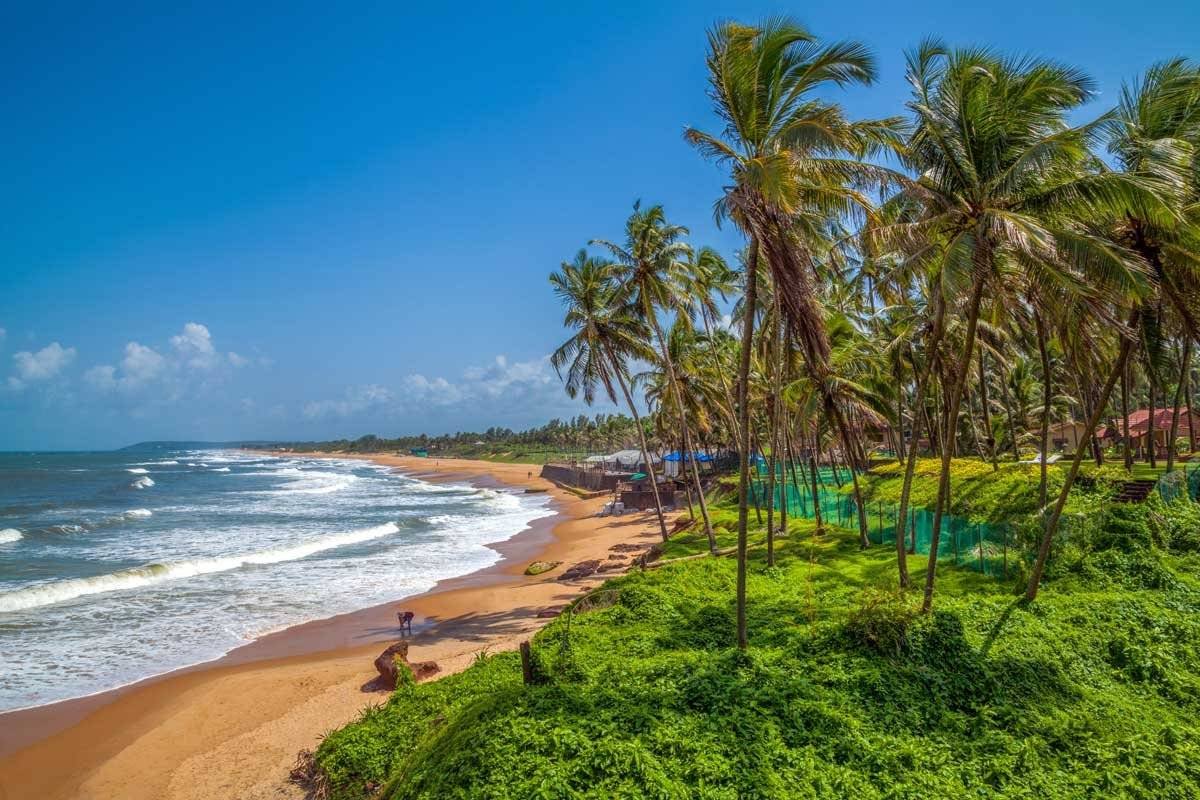
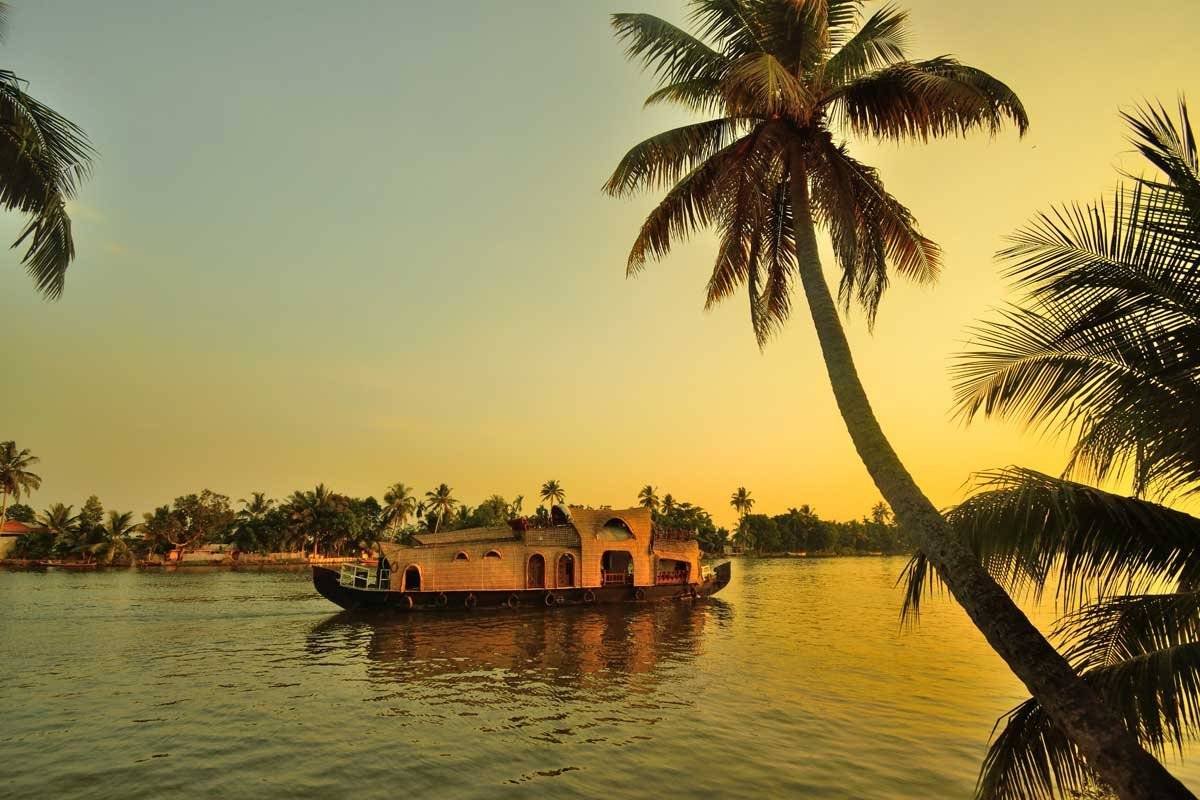
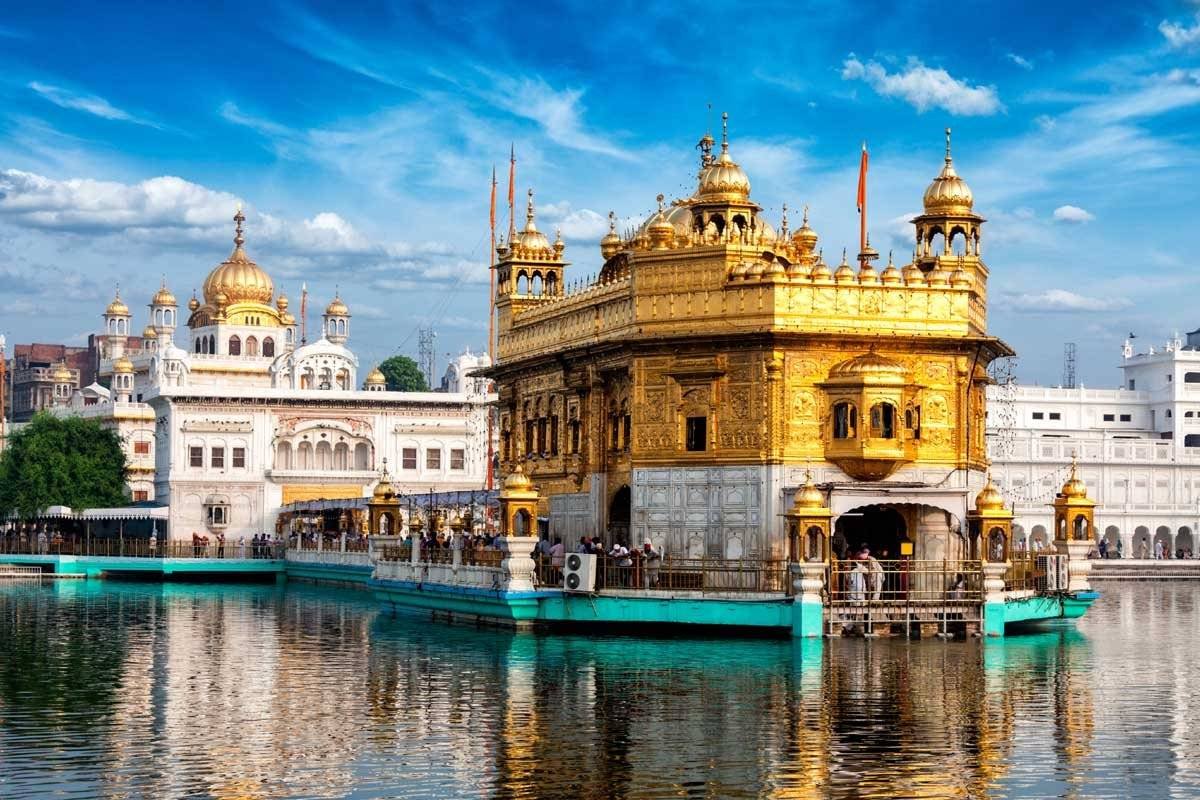
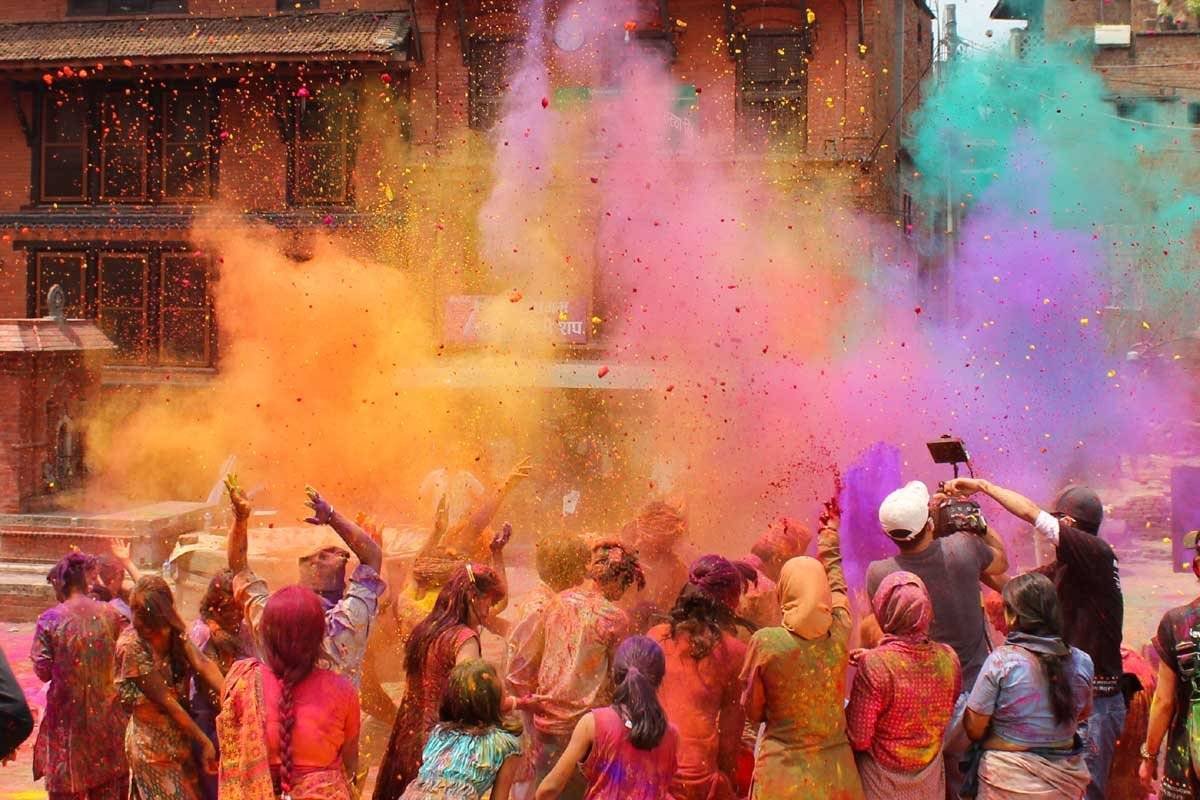

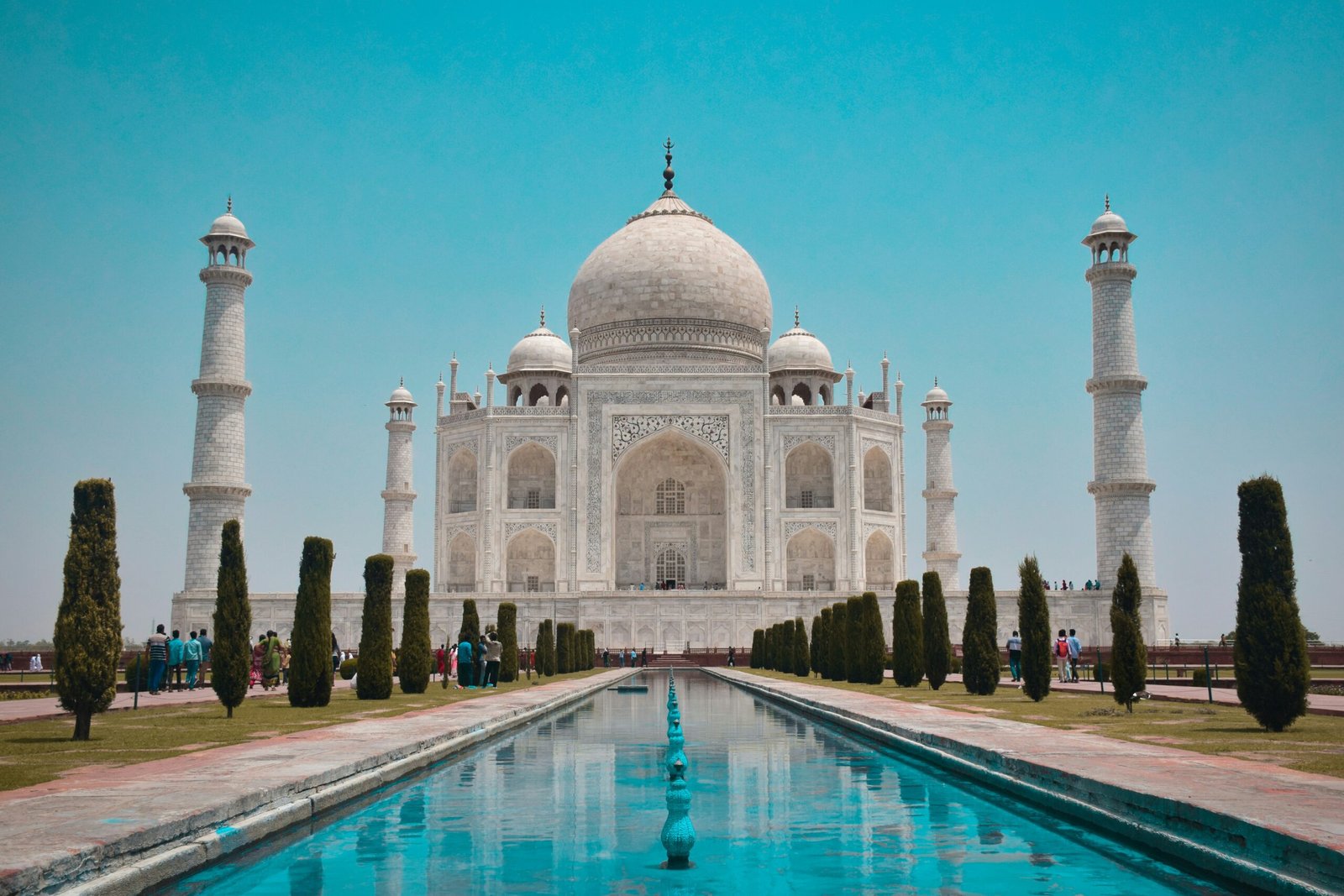

Leave a comment: